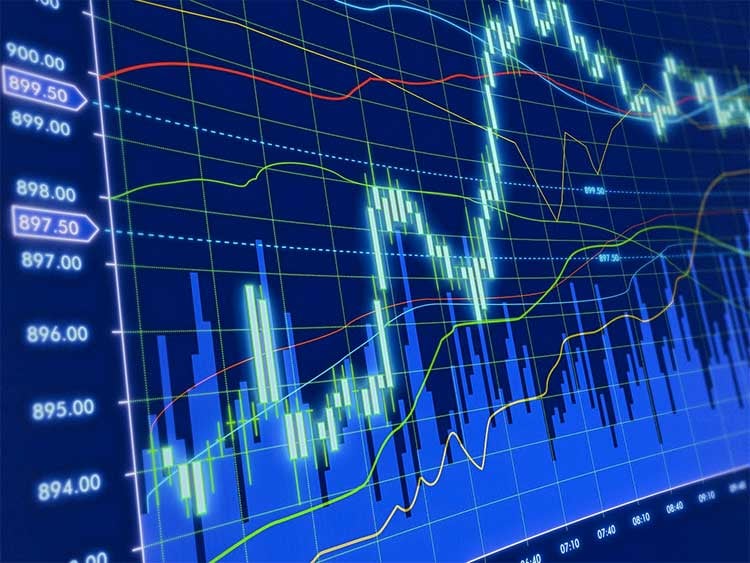Trading volume in ESG-related stocks has increased considerably since 2019 and Australian investors are pouring into new ‘green’ sectors, according to data from Australian Investment Exchange Limited (AUSIEX).

Analysis also points to a strong correlation between trading in ESG-related securities and voting patterns in the recent Federal Election.
AUSIEX is one of Australia’s leading agency brokers for equities and ETF trade executions and traded $55.25 billion of the total Australian market in FY2021.
Data from AUSIEX shows the trading value of direct equities and ETFs strongly associated with hydrogen, battery tech and clean tech, as well as broader sustainability themes, has increased by 134% since January 1, 2019.
In total dollar value, trading in climate and ESG-related securities during the first five months of 2022 has nearly equalled the entire year of 2019; To date this year, $1.04bn has been traded compared to $1.26bn traded in 2019.
AUSIEX CEO Eric Blewitt said that while trading volume was highest in November 2021, around the time of COP 26 in Glasgow, strong momentum continues. “2021 was the biggest year thus far with nearly $3bn worth of trades in ESG-related securities – this was more than a $1bn increase on 2020.
“This year, against a backdrop of rising inflation, monthly ESG trading figures have not been as high as 2021 but are still well over 100 times higher than in 2019.”
ETFs are the preferred method of ESG-related investing for Millennials and Generation Z. “A large portion of the trading by these generations has been in ETFs such as BetaShares FAIR and ETHI and we are seeing a raft of new ESG-related investment opportunities coming into the market”, said Mr Blewitt.
“Generation X and Boomers are more likely to invest in shares which may suggest they are seeking to directly influence or support specific ESG-related company activities.
“COP 26 affirmed the leading role the private sector will need to play to help reduce global warming. Given this as well as the likelihood of greater focus on climate action as a result of the recent Federal Election, it is likely Australian investors’ interest in ‘green’ securities will grow even more dramatically,” he added.
Hydrogen hyperfocus
Hydrogen investments are the most popular green sector across all generations of investors and represent around 80% of all ESG-related trades placed between 2019 and now.
The strong interest in this sector may have been driven by commitments by the former Federal Government in early 2020 to invest in building a domestic hydrogen industry as well as high profile private sector initiatives.
Battery and clean tech strengthening
During 2021, trading in battery and clean tech securities began to outstrip trading in broader sustainability-themed securities and found particular favour with older generations.
Retail investors were more likely to invest in battery and clean tech securities compared to advised clients (directly advised or via wrap platform) who selected broader sustainability-themed investments.
Teal traders
AUSIEX’s analysis has also revealed strong ESG-related trading behaviour in suburbs that voted ‘Teal’ independents into Parliament in the Federal Election on May 21.
Teal candidates won nine seats representing six per cent of the 151 seats in the House of Representatives.
Trading data between 1 January 2021 (when Climate 200 activity commenced) to May 2022 shows that ESG-related trading by investors living in the nine Teal seats was 14% of overall trading volume and 16% of overall trading value.
This means seats won by Teal candidates contained on average 200% more investors trading ESG-related securities, and 151% more trades placed which were worth 188% more value when compared to other Electoral Divisions.
“This is an interesting observation and seems to suggest that Australians are using their power as investors to express their values, not just investing in green sectors for potential return,” said Mr Blewitt.




